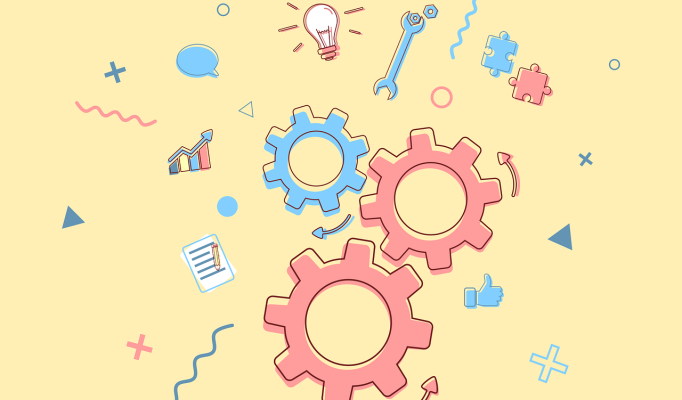
The use of artificial intelligence (AI) has revolutionized various industries, and one area where it has shown immense potential is in predicting business failures. With the ability to analyze vast amounts of data and identify patterns that humans may overlook, AI has become an invaluable tool for businesses looking to mitigate risks and make informed decisions. In this article, we will explore the use of AI in predicting business failures and its implications for the future.
Predicting business failures has always been a challenging task for analysts and investors. Traditional methods relied on financial ratios, historical data, and expert judgment to assess the health of a company. However, these methods often lacked accuracy and failed to capture the dynamic nature of businesses in today’s fast-paced world. This is where AI comes in.
AI algorithms can process large volumes of structured and unstructured data from various sources, including financial statements, market trends, customer reviews, social media, and news articles. By analyzing this data, AI can identify patterns and correlations that are beyond human capabilities. For example, it can detect early warning signs such as declining sales, increasing debt levels, negative customer sentiment, or management changes that may indicate a potential business failure.
One of the key advantages of AI in predicting business failures is its ability to consider multiple factors simultaneously. Traditional methods often focused on a limited set of financial ratios, which may not provide a comprehensive view of a company’s health. AI algorithms, on the other hand, can analyze hundreds or even thousands of variables and their interdependencies to generate more accurate predictions. This holistic approach allows businesses to identify risks and take proactive measures before it’s too late.
Another significant advantage of AI is its ability to learn and improve over time. Machine learning algorithms can continuously analyze new data and update their models accordingly. This means that as more data becomes available, AI can refine its predictions and become even more accurate. This adaptive nature of AI makes it a powerful tool for businesses to stay ahead of the curve and anticipate potential failures before they occur.
The use of AI in predicting business failures has already gained traction in various industries. Financial institutions, for instance, are using AI to assess the creditworthiness of borrowers and predict loan defaults. By analyzing historical data and patterns, AI algorithms can identify high-risk borrowers and help lenders make informed decisions. Similarly, insurance companies are leveraging AI to assess the risk profiles of businesses and set appropriate premiums.
Startups and venture capitalists are also embracing AI to evaluate investment opportunities. By analyzing a wide range of data, including market trends, competitor analysis, and financial indicators, AI algorithms can identify startups with a higher probability of success. This not only helps investors make better investment decisions but also enables startups to showcase their potential to potential investors.
However, the use of AI in predicting business failures is not without its challenges. One of the main concerns is the ethical implications of relying solely on algorithms to make critical decisions. While AI can provide valuable insights, it should not replace human judgment entirely. It is crucial for businesses to strike a balance between AI-driven predictions and human expertise to ensure responsible decision-making.
Another challenge is the availability and quality of data. AI algorithms heavily rely on data to generate accurate predictions. If the data used is incomplete, biased, or outdated, it can lead to inaccurate results. Therefore, businesses need to invest in data collection and management processes to ensure the reliability and integrity of the data used by AI algorithms.
In conclusion, the use of AI in predicting business failures holds immense potential for businesses across various industries. By leveraging AI algorithms’ ability to analyze vast amounts of data and identify patterns, businesses can gain valuable insights into potential risks and take proactive measures to mitigate them. However, it is essential for businesses to approach AI with caution and strike a balance between AI-driven predictions and human judgment. With responsible implementation, AI can be a game-changer in predicting business failures and shaping the future of decision-making.





